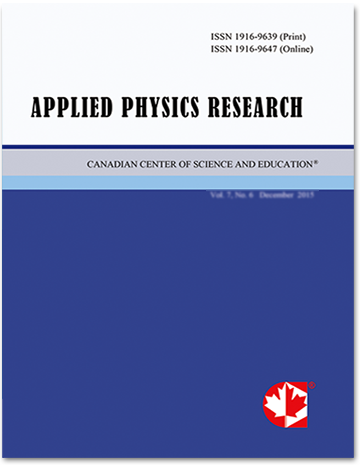Gravitational Mass Dependence on Velocity and the Conservation of Energy in General Relativity
- Jaroslav Hynecek
Abstract
This paper investigates by simple means the relativistic accelerated motion of a small test body in a simulated uniform gravitational like field and compares the predictions of energy loss, perhaps by radiation, obtained from the General Relativity Theory (GRT) and from the Metric Theory of Gravity (MTG). The study is first conducted in a flat Minkowski space-time with simulated constant gravitational like force and later in a true curved space-time with a metric, which, however, is not derived from the GRT. It is found that the gravitational mass dependence on velocity in GRT is not correct, because it predicts a negative loss of energy while the MTG predicts correctly a positive loss. The energy is conserved in a curved space-time free fall where the gravitational mass does not depend on velocity. There can be no energy radiation during the test body free fall in a uniform gravitational field.
- Full Text:
 PDF
PDF
- DOI:10.5539/apr.v10n2p26
Journal Metrics
Google-based Impact Factor (2017): 3.90
h-index (November 2017): 17
i10-index (November 2017): 33
h5-index (November 2017): 12
h5-median (November 2017): 19
Index
- Bibliography and Index of Geology
- Civil Engineering Abstracts
- CNKI Scholar
- CrossRef
- EBSCOhost
- Excellence in Research for Australia (ERA)
- Google Scholar
- Infotrieve
- LOCKSS
- NewJour
- Open J-Gate
- PKP Open Archives Harvester
- SHERPA/RoMEO
- Standard Periodical Directory
- Ulrich's
- Universe Digital Library
- WorldCat
Contact
- William ChenEditorial Assistant
- apr@ccsenet.org
